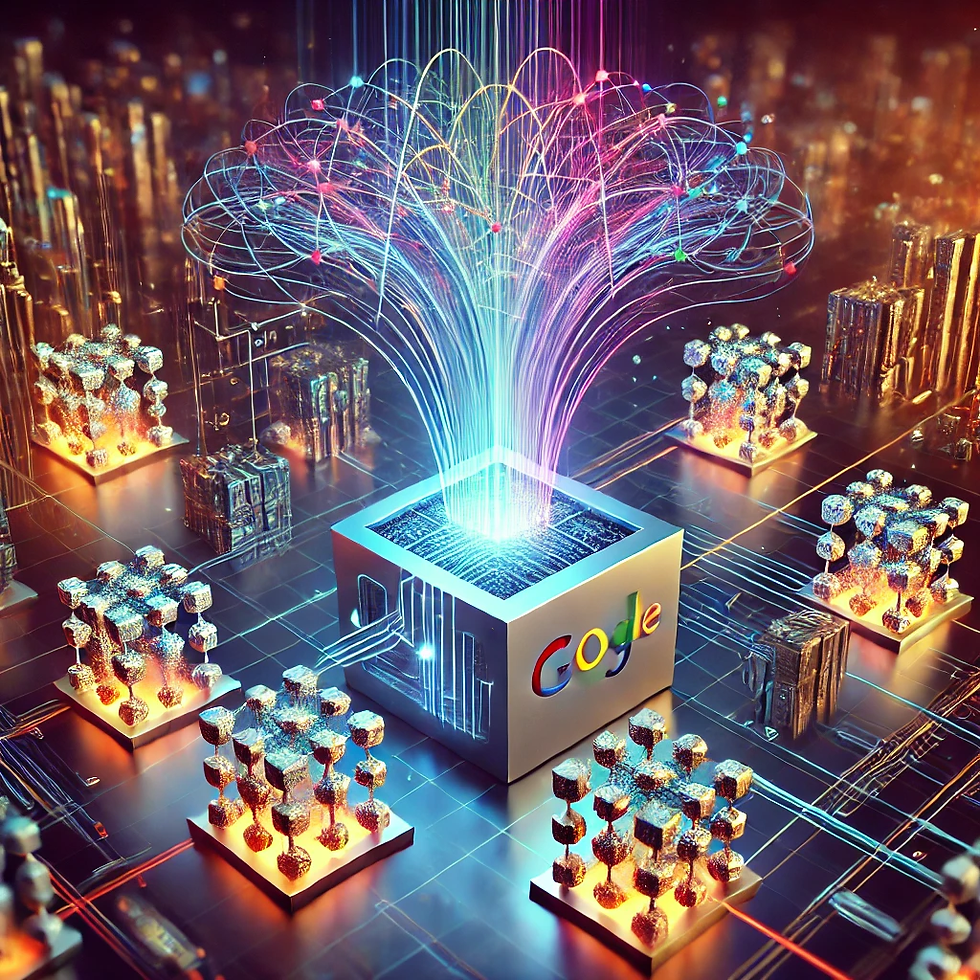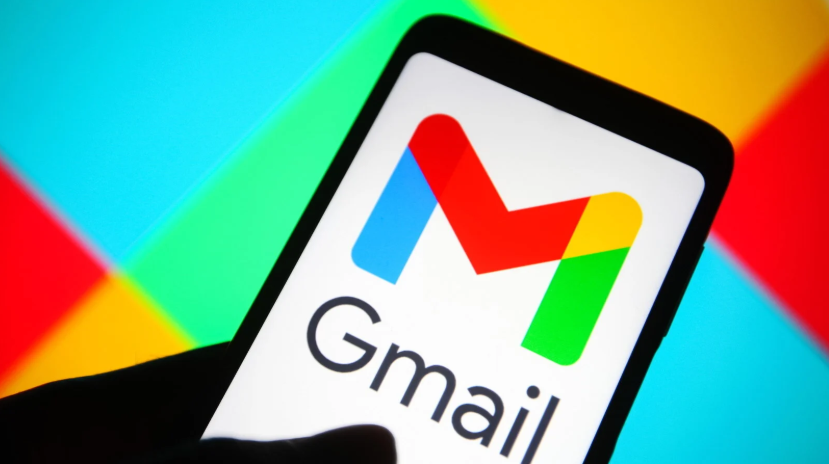Google DeepMind and Quantum Computing: Advancing Error Correction for a Quantum Future
- Covertly AI
- Nov 21, 2024
- 2 min read
Quantum computers, hailed as the future of advanced computing, are now one step closer to overcoming a significant hurdle—error correction—thanks to breakthroughs from Google DeepMind and Google researchers. These innovative approaches aim to refine the delicate operations of quantum systems, moving the field closer to practical applications.

Google DeepMind has developed an advanced artificial intelligence (AI) model designed to enhance the performance of quantum computers by effectively addressing quantum errors. Unlike classical computers that rely on binary bits (0s and 1s), quantum computers use quantum bits, or qubits, which can exist in multiple states simultaneously. This unique capability allows quantum systems to perform complex calculations far beyond the reach of classical machines. However, qubits are highly fragile and susceptible to disturbances from environmental factors like heat, leading to frequent errors. DeepMind's AI model addresses this vulnerability by cleaning up quantum errors more efficiently than any existing technique, potentially unlocking new possibilities for reliable quantum computation.
By combining these developments, Google researchers have achieved a significant milestone in improving quantum error correction using "logical qubits." These logical qubits are formed by combining multiple "physical qubits" to collectively represent a single unit of information. By increasing the number of physical qubits within a logical qubit, the team demonstrated a reduction in error rates. This advancement enhances quantum memory and offers a pathway toward constructing reliable quantum machines.

While the implications of these breakthroughs are promising, the field still faces considerable challenges. Practical applications remain distant, as scaling logical qubits to perform complex operations requires further refinement of error correction techniques and more significant, robust circuits. Competing approaches in the field, such as IBM's low-density parity-check codes and QuEra's neutral atom-based systems, showcase quantum computing research's dynamic and experimental nature. Each of these methods contributes to the collective effort to address the inherent instability of qubits.
Despite the progress, experts urge caution against overhyping these developments. Quantum computers capable of executing practical algorithms at scale are still years away, with significant obstacles yet to be addressed. However, the advances achieved by Google DeepMind and Google researchers represent necessary steps toward that vision, enhancing the reliability of quantum systems and bringing practical quantum computing closer to reality.

As the field continues to evolve, these innovations highlight the potential for quantum computing to revolutionize industries ranging from cryptography to materials science. With AI-powered tools like DeepMind's model and new error correction methodologies, the dream of scalable and reliable quantum machines is steadily becoming more achievable.
.png)







Comments